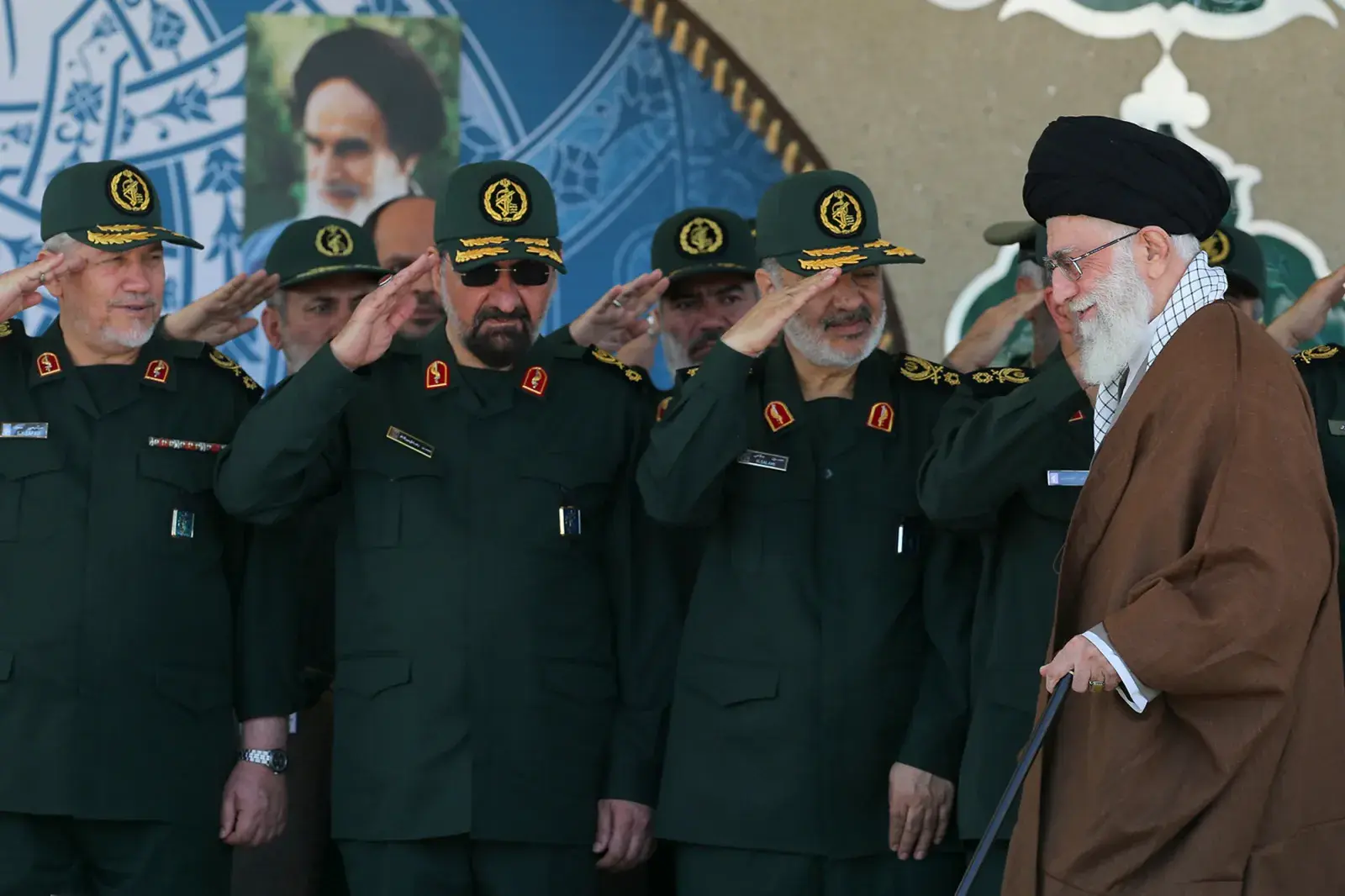By Amir Daftari
Copyright newsweek

Iran issued a stark warning Sunday that a single Israeli strike could trigger a full-scale war involving the United States, raising fears of another major Middle East confrontation just months after June’s 12-day clash.
“The moment Israel starts a war, we will also enter a war with the United States,” said Major General Mohsen Rezaei, former commander of Iran’s Revolutionary Guard (IRGC), signaling Tehran’s readiness to retaliate against both Israel and its allies.
The statement comes amid mounting U.S. pressure under President Donald Trump and renewed UN sanctions targeting Iran’s nuclear program.
Newsweek has contacted the State Department and Iran’s Foreign Ministry for comment.
Why It Matters
A confrontation between Iran and Israel—potentially drawing in the U.S .—would escalate tensions in an already volatile region, with direct implications for global security and energy markets. June’s 12-day war underscores how quickly conflicts can intensify in the region. The U.S. strikes on Iran’s nuclear facilities earlier this year demonstrate Washington’s willingness to intervene directly, meaning any Israeli attack could quickly involve American forces. Tehran’s warning narrows the window for diplomatic solutions and signals that Iran is prepared to retaliate beyond its immediate borders.
File picture from 2015 of Mohsen Rezaei (second from left) and other Revolutionary Guard leaders saluting Iranian Supreme Leader Ayatollah Ali Khamenei at a graduation ceremony of the Revolutionary Guard’s officers in Tehran, Iran. (Office of the Iranian Supreme Leader / AP Photo)
What To Know
Rezaei’s remarks came hours after Ynet, an Israeli news website, reported that Israel had gone on high alert following the reinstatement of U.N. sanctions on Iran under the so-called snapback mechanism. The sanctions, imposed despite multiple rounds of diplomacy, aim to curb Tehran’s disputed nuclear program. Israeli officials reportedly fear that renewed pressure could accelerate Iran’s nuclear activities, raising the risk of preemptive strikes.
Limits On Diplomacy
Speaking to state TV, Rezaei stressed that Tehran would not accept negotiations perceived as giving Israel an advantage. “Negotiations aimed at giving Israel time or [that] strengthen it are unacceptable,” he said, while emphasizing that military force against Iran would trigger retaliation. “Negotiations must not be accepted in any form, at any price, or without conditions. If we enter negotiations, military force must in no way be used against Iran. Otherwise, we will retaliate; not only against Israel, but also against American targets in the region.”
Israel On Edge
Earlier on Sunday, Ynet reported that Israel remained on heightened alert after the U.N. reinstated sanctions on Iran under the snapback mechanism, amid fears Tehran could accelerate its nuclear program. Israeli officials said Iran’s leadership appeared increasingly anxious, raising the risk of miscalculation that could spark further confrontation. The sanctions—which restore an arms embargo, restrictions on uranium enrichment and ballistic missile activity, asset freezes, and travel bans—were reimposed after the Security Council rejected a Russia–China proposal to delay them. The recent conflict with Iran strengthened international backing for the sanctions but left the potential for renewed escalation. “Iran is still a power,” a senior Israeli official told Ynet.
Former Revolutionary Guard commander Mohsen Rezaei, center, fills out his ballot during the parliamentary and Assembly of Experts elections at a polling station in Tehran, Iran, March 1, 2024. (Vahid Salemi / AP Photo)
What People Are Saying
Former chief commander of the IRGC Major General Mohsen Rezaei: “Negotiations aimed at giving Israel time or strengthen it are unacceptable. If that happens, the moment Israel starts a war, we will also enter a war with the United States.”
Israeli Prime Minister Benjamin Netanyahu: “We have to keep up the diplomatic and economic pressure on Iran to make it clear that we will not tolerate a resumption of their efforts to build nuclear bombs to destroy my country and yours [the United States].”
What Happens Next
With rhetoric hardened and military leaders stressing preparedness, the situation is tense. Diplomats, intelligence agencies and regional partners will closely monitor movements, exercises and any shifts in posture from Israel, Iran or the United States. The risk that a misinterpreted action could escalate into a wider conflict remains acute; the coming days will test whether back‑channel diplomacy or international pressure can help de‑escalate tensions.



